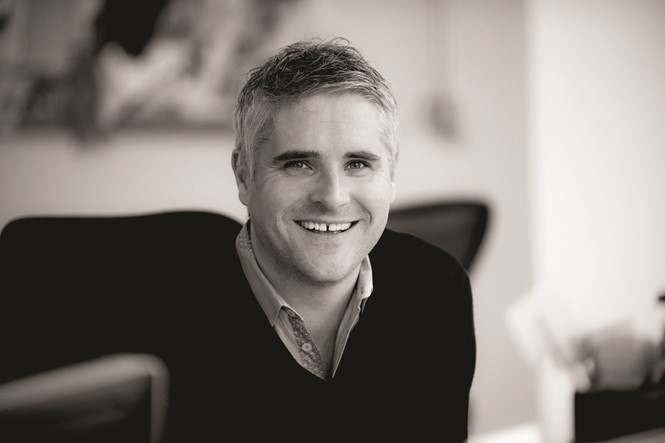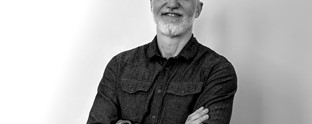Opinion: Is disruption the new steady?

Disruptive business models are changing the global business – and brand – landscape. But Duncan Shaw from Living Group asks, is disruption the new steady?
Colleagues in our North American, Asian and European offices all agree that we may inhabit a new kind of business world where disruptive seems to be the new normal. Challenger brands are snapping at everyone’s heels. Brands like Uber appear on the scene and grow quickly. These brands benefit from not being tied to outdated legacy technology and having access to rapid investment so they can build a highly successful business in a few months. Traditional taxi companies can’t move fast enough to catch up and suddenly there is a whole new way to get a taxi.
While Uber might seem to be the epitome of a new disruptive business tearing up the rule books – it actually follows a traditional brand approach that guarantees notice and being famous for one thing. Strip away Uber’s apps and the magic of seeing your car edging closer on a map and it just focuses on a single concept: making getting something easier.
Being known for one thing is a great strategy when the marketplace is crowded, or in the case of the European market in a period of uncertainty around Brexit. Car brands have survived on this strategy for decades. By selling competing and largely identical products car manufacturers have been forced to own a distinctive part of the market – Audi with its focus on technology, Volvo with its commitment to safety and Porsche selling performance excellence – are examples of pushing one major differentiator and maintaining a clear space between brands.
Uber’s simple and broad concept of ease and convenience makes it easy to extend this idea into other arenas. In Europe and the US, Uber Eats now makes ordering local takeaway and getting it delivered easier too, it is heading to the Middle East with Africa and Asia to likely follow. Just what the Uber brand will do next is anyone’s guess but it will certainly be a product extension based on its overall brand focus.
The good news is that to compete in this new business environment you don’t have to be an agile challenger brand with a breakthrough business model, but you certainly do need to really know and consistently communicate what makes you different.
Every business in any sector or geography needs to think hard about what it does really well and clearly express it. To ensure they stand out, businesses need to be able to answer yes to these questions: Does your brand capture and express that one thing that you do better than anyone else? Is that different to your competitors? Does your staff understand what makes you different and can they express it? Do all your marketing touchpoints reinforce this difference? Are your customers’ ambassadors for it?
Expressing the one thing that makes you famous is key to maintaining brand awareness and competing. Your clients will be looking for clarity and reassurance and, confronted by a sea of noise, they will look for businesses who stand out and who are clear about what those organisations can do for them.
If you can’t think of the one thing that you do better than anyone else, chances are no one else can either. And when those people are your potential customers, you will likely be left behind by both challenger and traditional brands alike.
Duncan Shaw is executive creative director of Living Group












